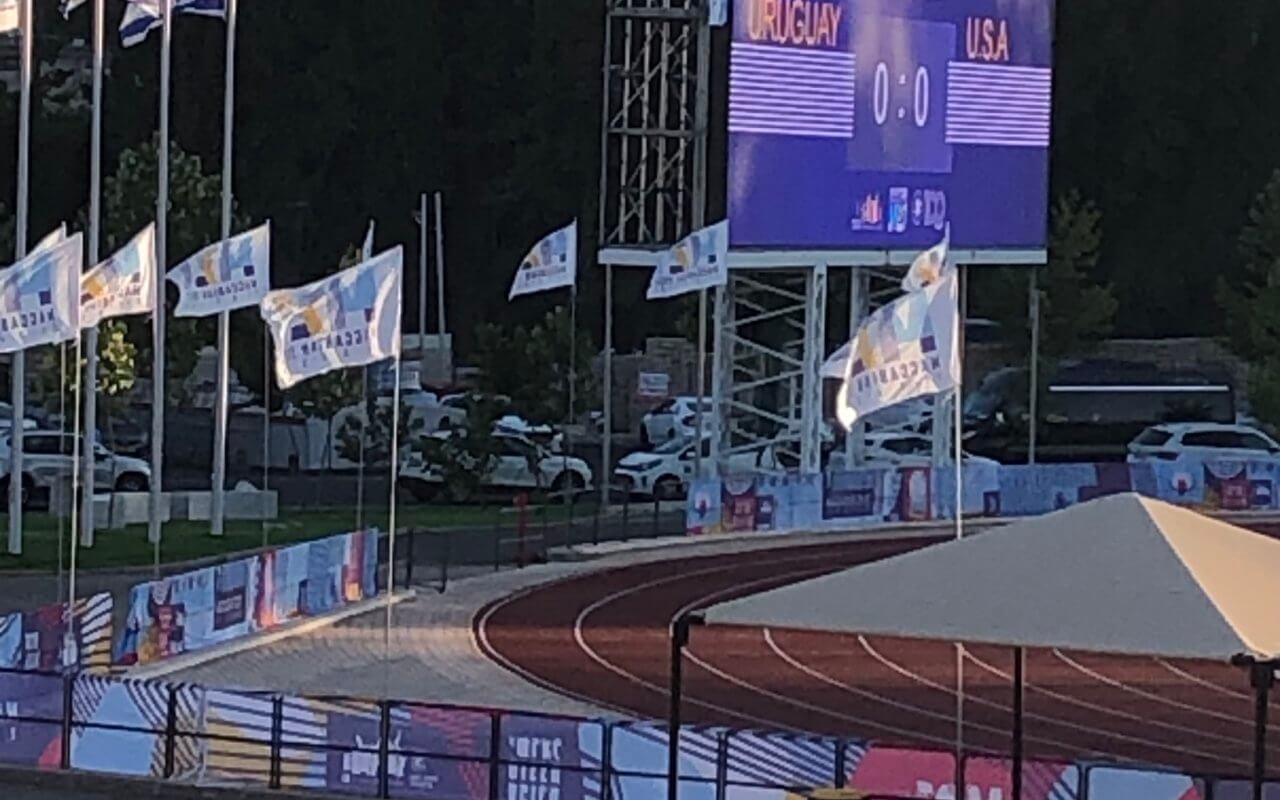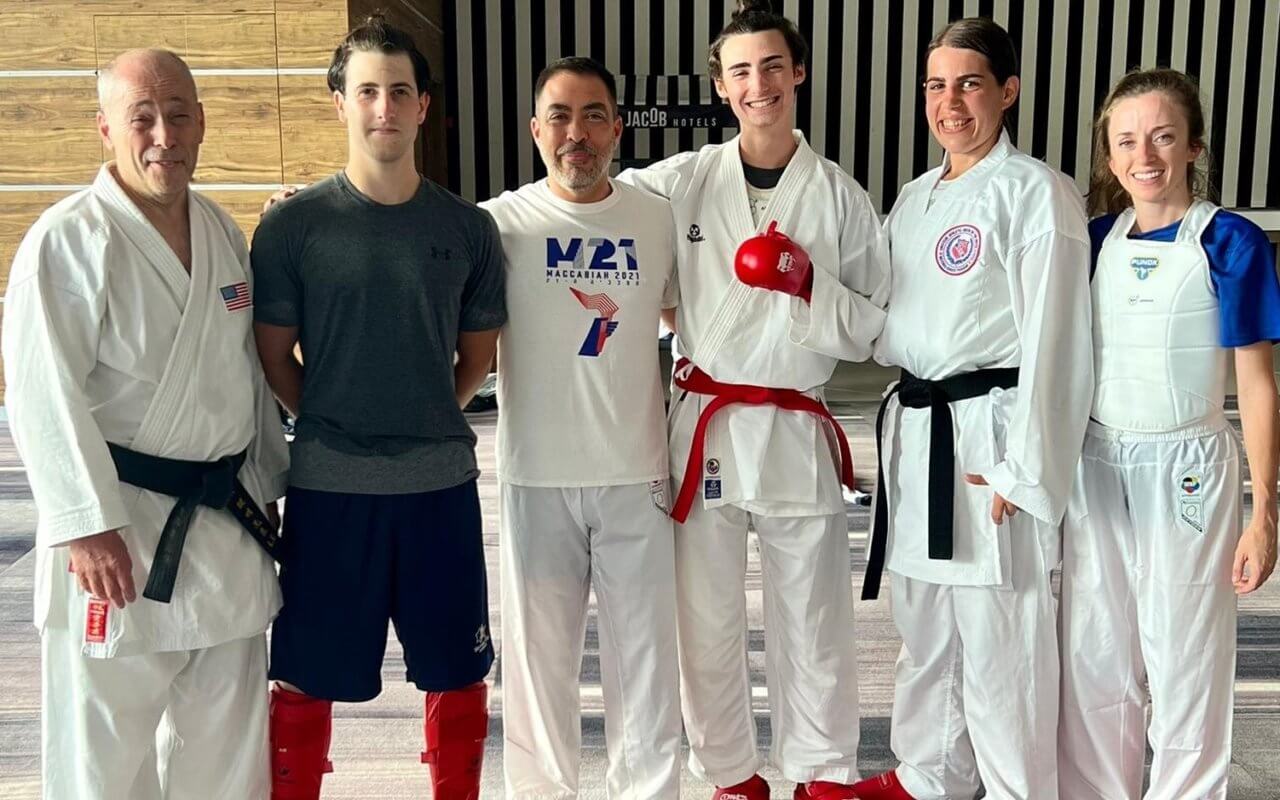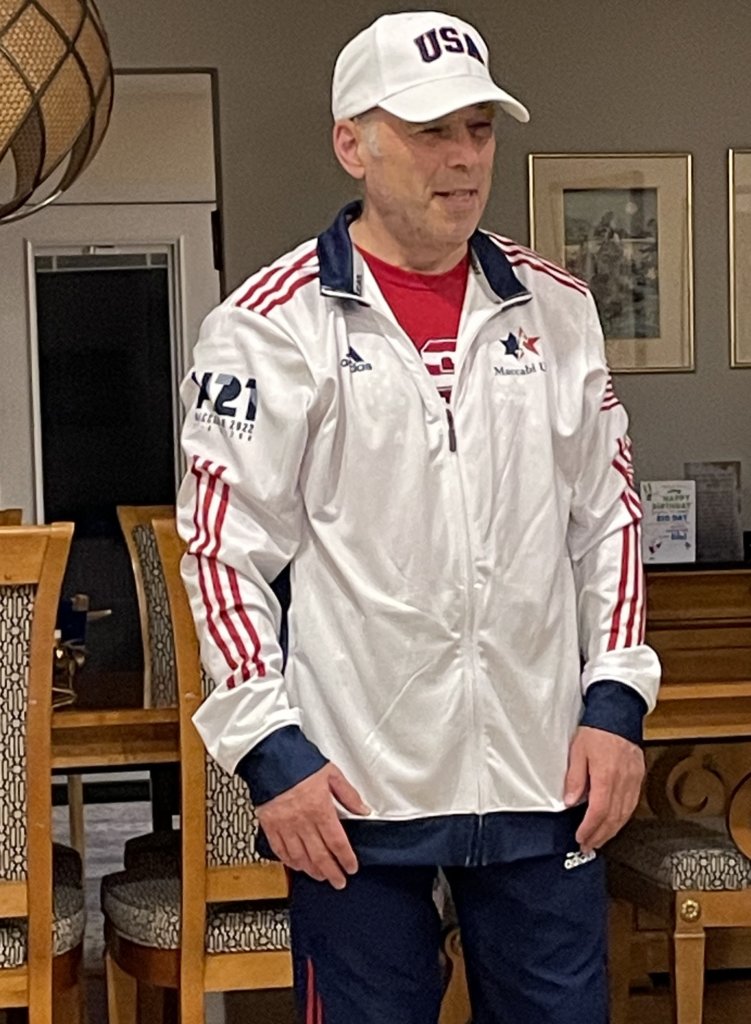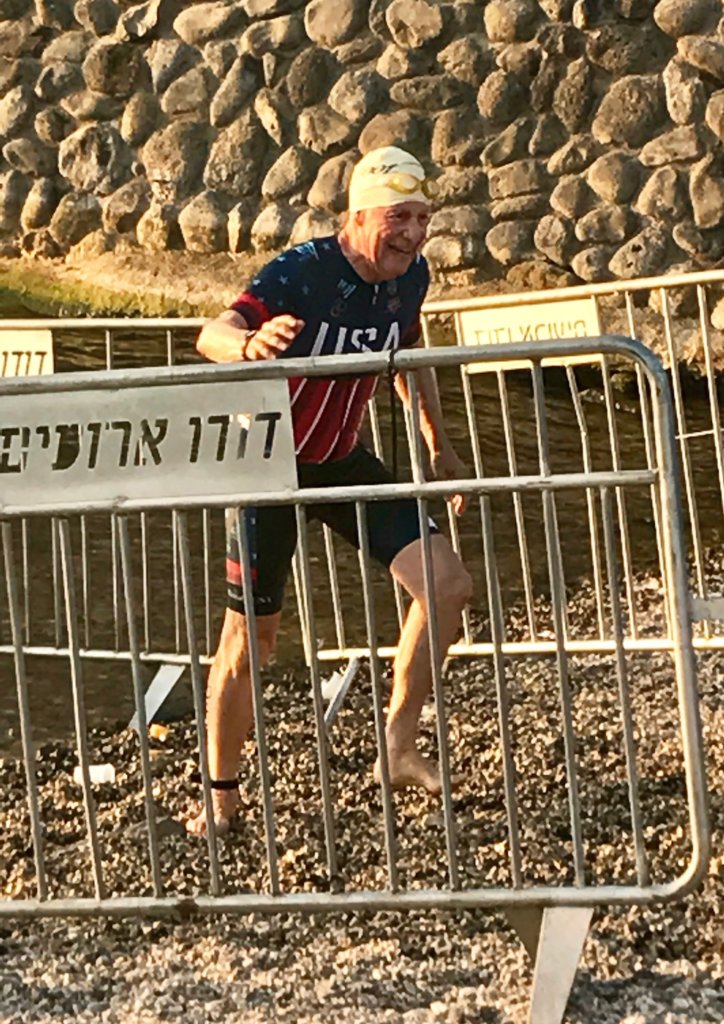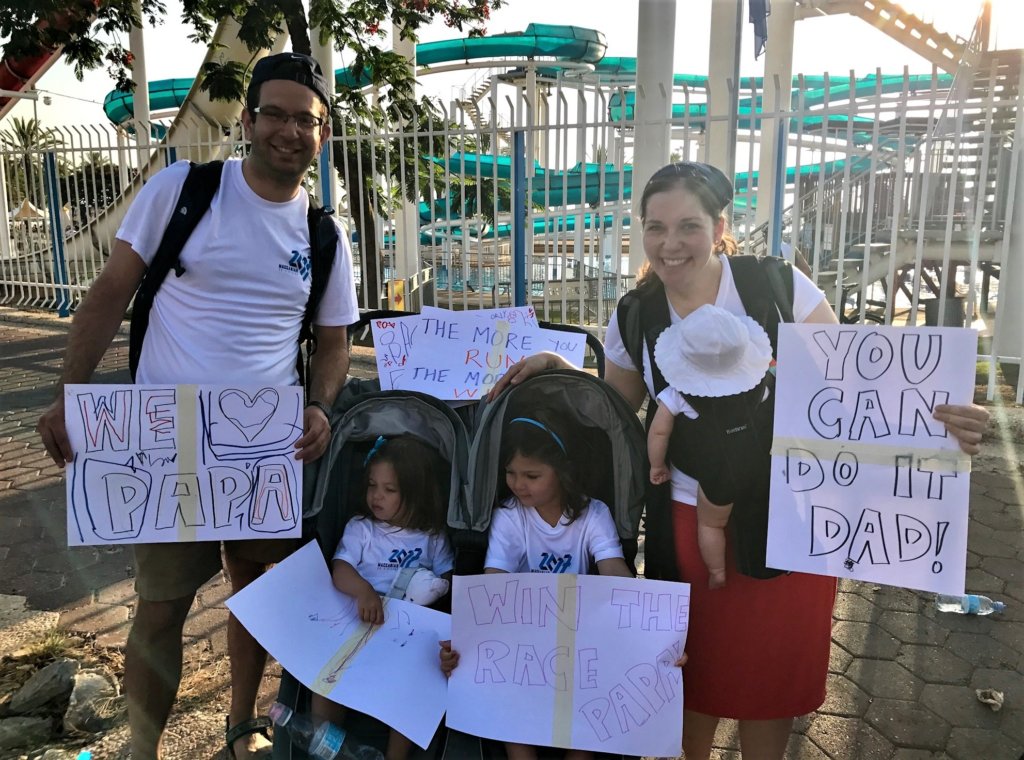Original article published in the JNS
Maccabiah educator Jennifer Brodsky says “there is an opportunity to think about Jewish identity and to add context that can often be as impactful” as the sports competitions themselves.
ISRAEL—The road to the Maccabiah is long and challenging for athletes in individual and team sports. Those lucky enough to make it to Israel’s 21st Maccabiah Games had to persevere through tryouts and qualifications, and meet standards set by each sport. The games, which held its opening ceremony on July 14 at Teddy Stadium in Jerusalem, are slowly winding down this week with finals underway.
They offered an array of sports—familiar and less familiar—in cities throughout Israel, both well-known and off the beaten path. Athletes, family members and all the media that covered the events needed to be mindful of travel times and distances to assure they were in the right place for each event. Jerusalem served as host for many competitions, including football (soccer) basketball, athletics, tennis, hockey, futsal and weightlifting. Haifa hosted the Youth Maccabiah version of many of the same events.
Netanya, which lies between Tel Aviv and Haifa on the Mediterranean coast and is home to beautiful beaches, hosted several competitions, including beach volleyball, basketball 3×3 (pronounced three ex-three), surfing, ninja, climbing, and beach football. For the first time, it also held surf life-saving competitions.
Other host cities and venues included Wingate Institute (rugby, swimming, water polo and futsal masters competition); Tel Aviv (artistic gymnastics, rhythmic gymnastics and cycling in the Velodrome); Tiberias (sprint triathlon); Ra’anana (netball competitions, table tennis, squash and youth baseball); Ramat Hasharon (tennis masters); Hadera (judo, karate and masters football); Ganei Tikva (fencing); Ashdod and Lod (cricket); Nof HaGalil (youth football); Ramat Gan (paddle competitions); Dalyiat al-Karmel (badminton); Gezer Regional Council (softball); and Sharona (equestrian).
As of Sunday, Israel led the medal wins by far with a total in the hundreds, with the United States in second place and Argentina in third.

‘Inseparable part of the Israeli community’
Maccabiah chairman Arik Ze’evi is very aware of the scale of this year’s games. He says “the Maccabiah has grown over the years, and there is not a single Olympic village that can accommodate it all. Therefore, this year, the entire State of Israel is going to be our Olympic village, with competitions and events all over the country.”
Some sports even made their debut this year. In addition to surf life-saving, they include wave surfing, climbing, 3X3 basketball, motocross and paddle. In addition, after 33 years, the weightlifting contest has returned.
One singular aspect of the Maccabiah as compared to other large sports events like the Olympics is that it features juniors’ adults, masters and people with disabilities in one event. Ze’evi is particularly proud of the inclusion of people with disabilities, noting that “the Maccabiah is an inseparable part of the Israeli community. As such, this year the Maccabiah is hosting the Paralympic Games in a variety of sports and competitions.”
There is another note to the games, and that is in the realm of teaching and culture, assisted by an entire Maccabiah education department.

Maccabiah educator Jennifer Brodsky notes that many non-sports opportunities are woven into the games, including tourism, information on Israel in general and resources for Jewish players. “There is an opportunity to think about Jewish identity and to add context,” she says, “that can be as impactful” as the competitions themselves.
The final few days of the Maccabiah proved especially exciting with the July 21 artistic gymnastics and wheelchair basketball finals, as well as the motocross competition. July 22 featured the ice-hockey final and July 23 the women’s soccer final.
July 24 was a big day with finals in men’s and women’s rugby, men’s water polo, men’s and women’s basketball, and men’s soccer. In men’s basketball, the United States defeated France 81-70.
Usually, the Givat Ram campus of the Hebrew University of Jerusalem is quiet this time of the year, but it was very much alive on Sunday night. The stands were packed with soccer fans wearing blue and white “Uruguay” jerseys as they enthusiastically cheered on their beloved team. Uruguay went up 3-0 and held on to defeat the United States 3-2.
Jacky Wyluzanski, a Jerusalem native of 20 years who made aliyah from Uruguay, was coordinating a last-minute Mincha minyan at halftime as the Tararam Israeli music and dance group performed on the field. While clearly pleased that his team was ahead at halftime, he noted: “Achdut (‘unity’) is what the Maccabiah is about; it doesn’t matter if you root for Uruguay or the U.S.!”
The 2022 Maccabiah Games were originally planned for 2021. Since they are scheduled to take place every four years, they will get back on track with the 22nd Maccabiah in 2025.


